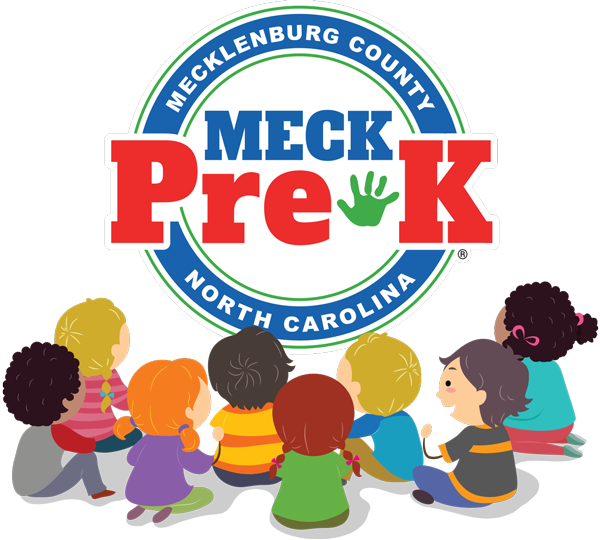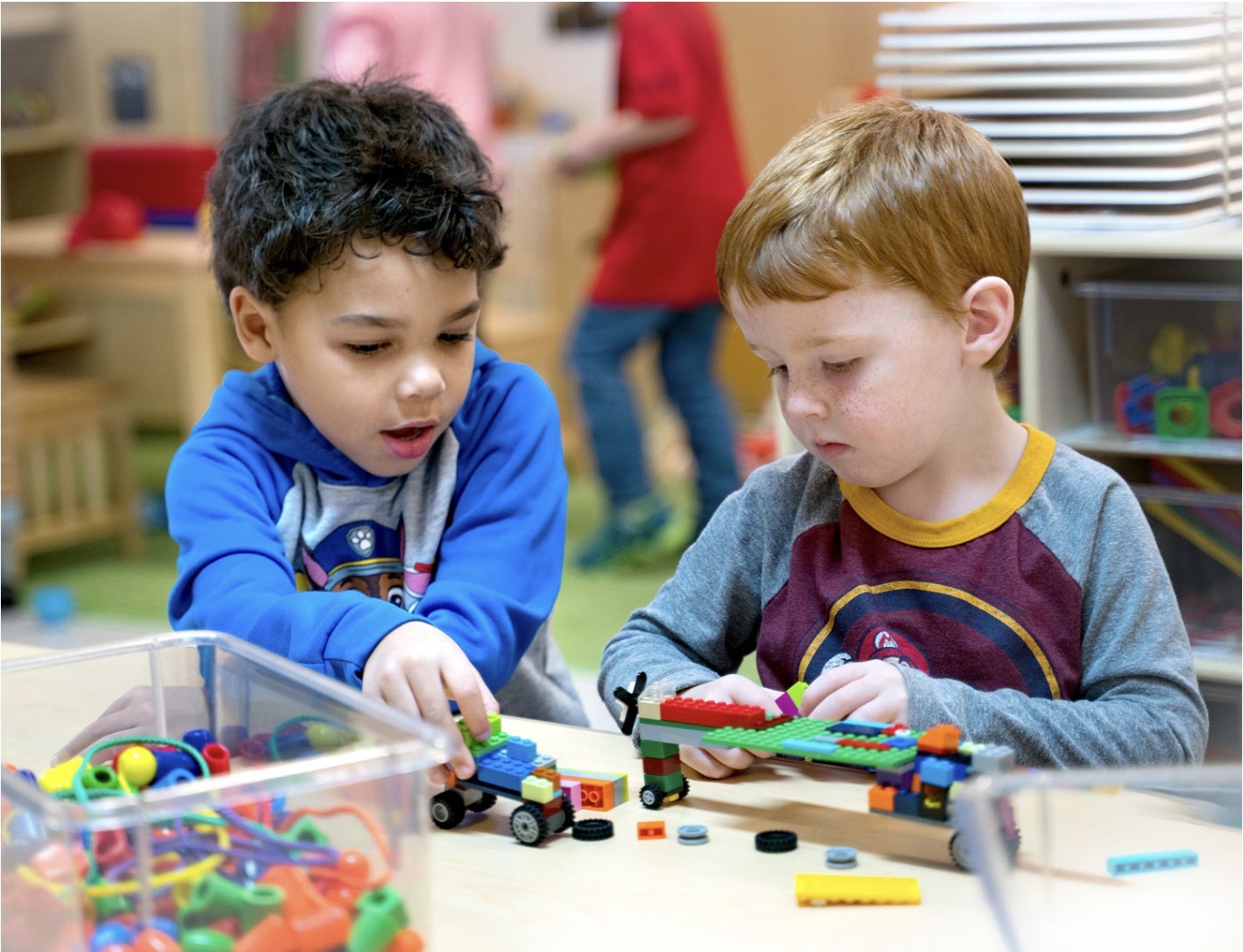You may wonder, “Why should I send my child to pre-K? Why not just wait for kindergarten?” In this blog post, we will explain why pre-K matters, address some of your questions, and provide research and examples.
What Pre-K Means for Children
High-quality pre-K programs help to prepare children for the demands of school and life. Research tells us that public pre-K programs provide a positive place for children to learn, play, grow, and begin their school experience. They are taught to develop habits and practices for lifelong learning and to see themselves as confident and competent students. These beliefs and attitudes are as important as the academic skills they develop.
Children in well planned and intentionally driven pre-K classrooms experience growth in mathematical and scientific thinking, the joy of learning, social and emotional skills, and language and literacy abilities. When activities are planned based on each child’s level of development and focused on helping them progress, every child experiences success. One MECK Pre-K parent said, “Meck Pre-K has helped Chelsea become an independent little girl. Every morning, she has been eager to get ready to head to school. Chelsea knows her alphabet, numbers and shapes like the back of her hand!”
Pre-K also encourages physical development in children. Through specially planned activities they develop fine motor skills that allow them to hold a pencil correctly and begin drawing shapes and writing letters. Through larger physical activities like dancing, ball games, and targeted movement children develop gross motor skills necessary for core body strength and balance. The ability to self-regulate one’s body and control movement is essential for later learning.
Children who participate in pre-K enter kindergarten more confident and prepared, because they have experience in a classroom setting. They also have developed social skills and are accustomed to being away from home for several hours a day. Researchers agree that participation in a high-quality pre-K program is associated with higher school readiness. Parents also agree. One MECK Pre-K parent said, “My son was more than ready for kindergarten. He knew his numbers up to 100, most of his letter names and sounds and was so excited about learning.”
What Pre-K Means for Families
We’ve talked about what pre-K means for children, now let’s talk about benefits for families. Children in a high-quality pre-K program often come home happy and ready to share what they have learned. One MECK Pre-K parent said, “She wants to show me what she’s learned, and she wants to be the teacher at home.” This keeps everyone in the family excited about the child’s learning and encourages the child to keep going.
Many years of research repeatedly indicates that there are long-term benefits for the siblings and family members of pre-K students. A recent study examined individuals who participated in pre-K as children and observed long-term benefits among participants, their siblings, and their children. These benefits include increased incomes, higher levels of education achieved, and improved health and healthy behaviors.
Another benefit is that while a child is at pre-K, caregivers have more flexibility. One MECK Pre-K parent said, “MECK Pre K was such a blessing for my family because he got quality education, and we were able to work.” With public pre-k provided for the child at no cost to parents families can see savings of thousands of dollars. Caregivers may also have more time for things like socializing, hobbies, exercise or caring for other family members – all while knowing that their child is in a safe, nurturing, educational environment.
The Benefits of Starting School at Age 4
You may wonder why pre-K is needed, since children aren’t required to start school until the age of five. In addition to the benefits listed above, there are compelling reasons to have your child start pre-K at the age of four.
Studies have shown that children who start school at age four are more likely to earn higher grades and test scores than those who start school at age five. While various factors contribute to a child’s success in school, starting early may give them a critical head start.
Pre-K is designed for four-year-old children and how they experience the world. It doesn’t require them to sit at a desk all day. It is interactive, fun, and designed to support social and emotional learning and academic learning. Teachers are trained to follow a child’s interests, build on previous knowledge, and provide real world experience based on that knowledge. One MECK Pre-K parent said, “I have enjoyed hearing about all the topics our pre-K students are learning, such as insects, the construction of buildings, how to recycle, etc.” Another parent said, “Students are always engaged in learning and having fun with their friends.” And finally, one parent summed it up by saying, “Meck Pre-K makes learning fun!!”
About MECK Pre-K
MECK Pre-K is open to all four-year-old children in Mecklenburg County at no cost to families. Classrooms are located in licensed childcare centers and taught by licensed teachers and highly qualified assistant teachers. You can apply online at MeckPreK.org.
Do you have a child who is not old enough for pre-K this year? Sign up for our email list and be notified when they’re eligible for MECK Pre-K. Simply go to MECKPrek.org/future-meck-pre-k-students and select your child’s age group.

